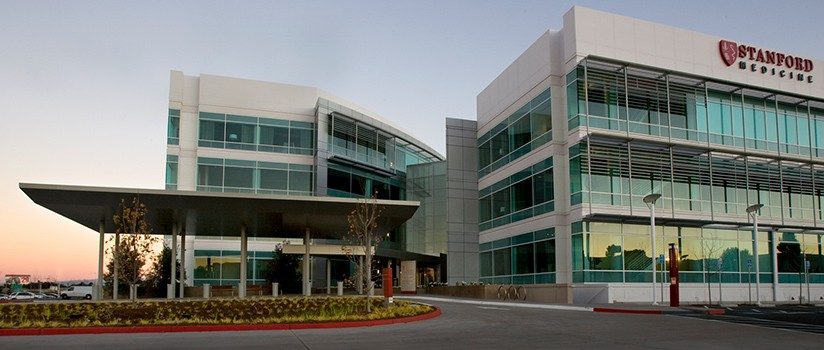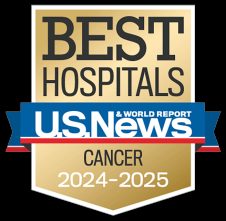New to MyHealth?
Manage Your Care From Anywhere.
Access your health information from any device with MyHealth. You can message your clinic, view lab results, schedule an appointment, and pay your bill.
ALREADY HAVE AN ACCESS CODE?
DON'T HAVE AN ACCESS CODE?
NEED MORE DETAILS?
MyHealth for Mobile
Get the iPhone MyHealth app »
Get the Android MyHealth app »
Orthopaedic Surgical Oncology Program
Orthopaedic Surgical Oncology Program
Stanford's Orthopaedic Surgical Oncology Program is recognized worldwide for its innovative surgical techniques and success in treating the most difficult cancer cases and complex orthopedic problems.

1st Floor
Redwood City, CA 94063
Phone: 650-723-5643 Getting Here »
Our Doctors
Our Advanced Practice Providers
Care and Treatment
Conditions Treated
Avascular necrosis
A condition caused by loss of blood to the bone the leads the bone to die and eventually collapse, if not treated. Commonly occurs in the upper leg, arm, knees, shoulders, and ankles.
Chondroblastoma
A rare type of benign bone tumor that originates from cartilage, the specialized, gristly connective tissue from which most bones develop.
Chondrosarcoma
A malignant type of bone cancer that primarily affects the cartilage cells of the femur (thighbone), arm, pelvis, knee, and spine. Although less frequent, other areas (such as the ribs) may be affected.
Enchondroma
A type of benign bone tumor that most often affects the cartilage that lines the inside of the bones of the hands and feet typically.
Ewing's sarcoma
A type of cancer that occurs primarily in the bone or soft tissue, most often found in the extremities and can involve muscle and the soft tissues around the tumor site as well as spread to other areas of the body.
Fibrous dysplasia
A chronic disorder in which bone expands due to abnormal development of fibrous tissue, often resulting in uneven bone growth, pain, and brittle or deformed bones.
Giant cell tumor
A type of tumor made up of a large number of benign cells that form an aggressive tumor, usually near the end of the bone near a joint.
Multiple myeloma
A type of cancer that affects certain white blood cells and collects in the bone marrow and the outer layer of the bone.
Osteochondroma
An overgrowth of cartilage and bone near the end of the bone near the growth plate, most commonly affecting the long bones in the leg, the pelvis, or shoulder blade.
Osteogenesis imperfecta
Also known as brittle-bone disease, a genetic (inherited) disorder characterized by bones that break easily without a specific cause.
Osteomyelitis
An inflammation or swelling of bone tissue that is usually the result of an infection.
Osteosarcoma
A type of bone cancer, most often occuring in children, adolescents, and young adults, that develops in the osteoblast cells that form the outer covering of bone.
Paget's disease
A chronic disorder that can result in enlarged and misshapen bones, accompanied by pain, fractures, and arthritis in the joints near the affected bones.
Hyperparathyroidism (primary hyperparathyroidism)
A metabolic disorder in which one (or more) of the parathyroid glands produces too much parathyroid hormone, which can result in the loss of bone tissue.

Clinical Trials
Clinical trials are research studies that evaluate a new medical approach, device, drug, or other treatment. As a Stanford Health Care patient, you may have access to the latest, advanced clinical trials.
Open trials refer to studies currently accepting participants. Closed trials are not currently enrolling, but may open in the future.
For Patients
For new patient appointments, call 650-498-7555.
For follow-up appointments, call 650-723-5643.
PREPARE FOR YOUR APPOINTMENT
Bring your completed New Patient Questionnaire to your appointment.
International Patients
Phone: +1 650-723-8561
Email: IMS@stanfordhealthcare.org
Call us to make an appointment
For Health Care Professionals
PHYSICIAN HELPLINE
Fax: 650-320-9443
Monday–Friday, 8 a.m.–5 p.m.
Stanford Health Care provides comprehensive services to refer and track patients, as well as the latest information and news for physicians and office staff. For help with all referral needs and questions, visit Referral Information.
You may also submit a web referral or complete a referral form and fax it to 650-320-9443 or email the Referral Center at ReferralCenter@stanfordhealthcare.org.
Returning Patient
To schedule an appointment, please call:
New patients:
650-498-7555
Returning patients or medical questions:
650-723-5643
 Orthopaedic Surgical Oncology Program
Orthopaedic Surgical Oncology Program


